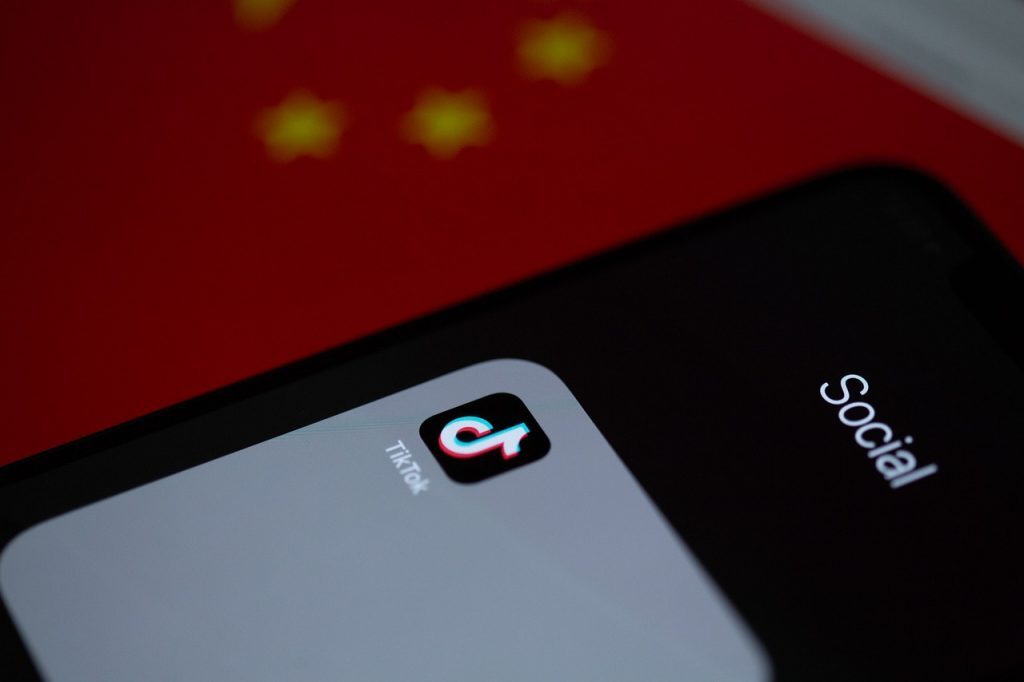If Oracle does buy TikTok’s US operations, it will be one of the most unlikely pairings of an old-school enterprise technology firm with a new social media phenomenon.
To say that the users of Oracle’s brilliant database technology and TikTok’s youthful happy-snappers have no idea that the other exist is no understatement. The parent users of the former almost certainly have children of their own using the latter.
It’s no understatement to say the two companies come from vastly different ends of the software spectrum – high-end databases and mission-critical business software to the seemingly ethereal, virtual bling of short-form videos – have vastly different corporate cultures. An integration of such businesses could provide decades of case studies for business schools, as old tech absorbs new tech startups in such polar opposite industries.
But as tantalising as it is, this most recent shift in the Trumpian-Sino Trade War is… well, just bizarre.
TikTok-owners “ByteDance let us know today they would not be selling TikTok’s US operations to Microsoft,” the US software firm announced on Sunday.
At the heart of this is the recent twist that would have prevented Microsoft getting access to the all-important algorithms that are the real prize for any acquisition. Beijing recently used US President Donald Trump’s own strategy of declaring that some Chinese technology now requires state approval to be sold to foreign governments, just as Trump has decried regarding Huawei.
Microsoft is understood to have said it could only guarantee the security of the 100-million US TikTok users, and that propaganda could not be spread nor user data siphoned by Beijing, if it had access to that software code.
“We are confident our proposal would have been good for TikTok’s users, while protecting national security interests,” Microsoft said in its statement. “To do this, we would have made significant changes to ensure the service met the highest standards for security, privacy, online safety, and combating disinformation”.
That doesn’t appear to have been enough and Microsoft, which itself bizarrely teamed up with Walmart, is out of the bidding.
Meanwhile, the Wall Street Journal said Oracle will be named the app’s US “trusted tech partner”. When Oracle first expressed interest in buying TikTok, it initially seemed as if it was a ploy to drive up the price for Microsoft, a long-time enemy in the enterprise software market.
This puts an even more bizarre twist on the strange geopolitical stalemate that is playing out between the Trump White House and the Chinese government. It will be the first time that an app is both the spoils of war, as it were, and a new frontier of other potential global conflicts.
Already India, which shares a border with China, has banned over 200 Chinese apps, including TikTok in June. Both India and China are emerging superpowers, almost tied with 1,381bn and 1,398bn citizens respectively, and the mobile apps space is rapidly emerging as a battlefield in their conflicts.
It’s a fascinating evolution of realpolitik, isn’t it? As mobile forces everything to evolve, so have nation state strategic manoeuvres, from the physical battlefield to the economic to the app economy. Fascinating.
This article first appeared in the Financial Mail.




